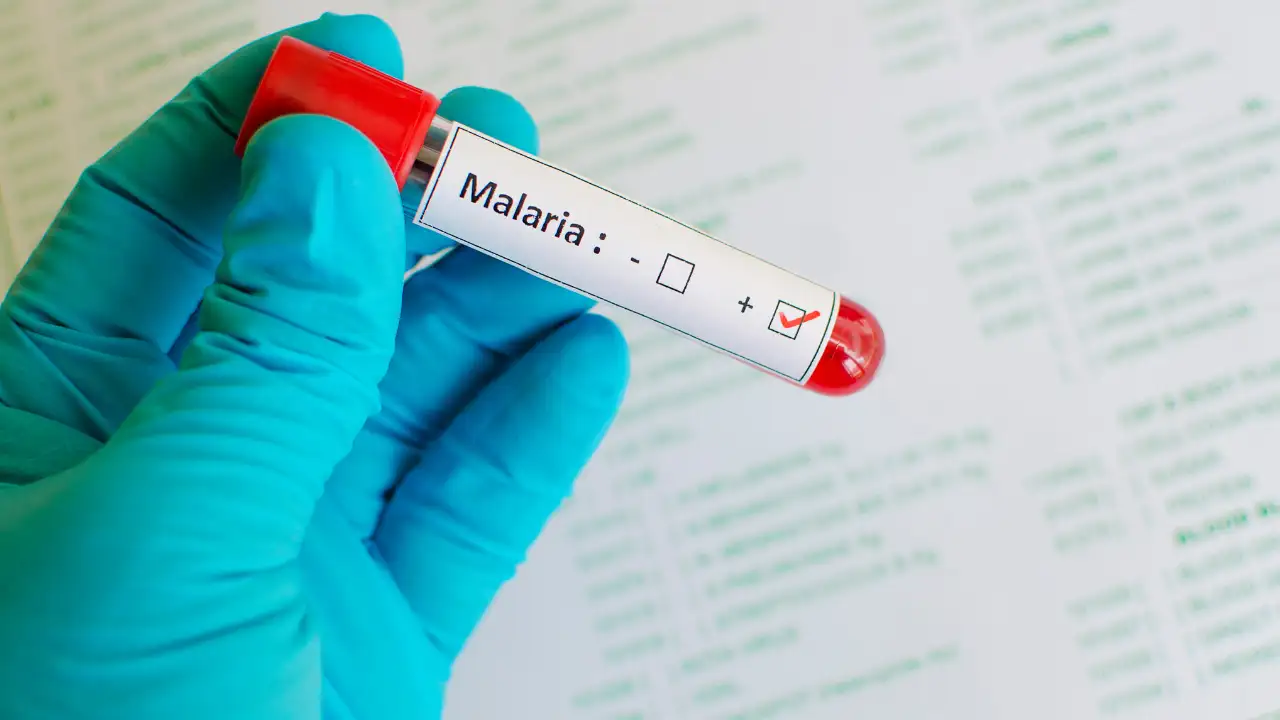
The federal court judge excoriated Baccarelli’s testimony, writing that “Dr. Baccarelli downplays those studies that undercut his causation thesis and emphasizes those that align with his thesis.”
US District Judge Denise Cote of the Southern District of New York noted that neither Baccarelli nor four other experts paid to testify for the plaintiffs “has published research that expresses the ultimate opinions they offer here. Indeed, the plaintiffs’ lead expert on causation, Dr. Baccarelli, as recently as 2022, co-authored a study on the prenatal effects of acetaminophen that cautioned against any change in clinical practice.”
Cote ruled that the five expert witnesses’ testimony should be excluded from the case.
It’s unclear what Baccarelli believes. On Monday, in advance of the Trump administration’s announcement that it would recommend doctors sharply scale back use of acetaminophen during pregnancy, Baccarelli issued a statement saying, “Further research is needed to confirm the association and determine causality, but based on existing evidence, I believe that caution about acetaminophen use during pregnancy — especially heavy or prolonged use — is warranted.”
Harvard spokesperson Stephanie Simon declined to make Baccarelli available for an interview, and would not address questions about his expert testimony or the judge’s decision to exclude it. She said Baccarelli, who became dean in 2024, sent the statement to top federal health officials, who asked him to summarize his work at Monday’s press conference. Baccarelli had previously talked by phone with health secretary Robert F. Kennedy Jr., and National Institutes of Health Director Jay Bhattacharya to discuss his recent work.
Food and Drug Administration Commissioner Marty Makary cited a paper published by Baccarelli and colleagues last month during the Monday press conference, saying, “A Mt. Sinai-Harvard study reviewed all the existing literature and found the overwhelming body of evidence points to an association.” He then added, seemingly in reference to Baccarelli’s expert testimony, “To quote the dean of the Harvard School of Public Health, ‘There is a causal relationship between prenatal acetaminophen use and neurodevelopmental disorders of ADHD and autism spectrum disorder.’”
Baccarelli’s most recent paper, a review of 46 previously published human studies, found an association — not a causal relationship — between use of acetaminophen during pregnancy and neurodevelopmental disorders. It concludes that, “appropriate and immediate steps should be taken to advise pregnant women to limit acetaminophen consumption to protect their offspring’s neurodevelopment.”
Other autism researchers and epidemiologists questioned this paper’s claim, saying the authors’ methodology does not give them the ability to make that claim that the Trump administration needs to slam the brakes on curbing Tylenol use. Psychiatrist David Mandell appreciated that Baccarelli disclosed his paid testimony in the publication, but it does make him further question the results.
“When I combine that [disclosure] with what I see as significant decisions about the analysis that bias them towards a particular result, it makes me uncomfortable in relying on that review to say anything about whether acetaminophen causes autism,” said Mandell, the director of the University of Pennsylvania Center for Mental Health.
The authors analyzed six studies to specifically look for an association between acetaminophen use during pregnancy and autism, though they included two analyses from a single paper as two studies. That paper, a 2024 JAMA study, made waves when it was published because it used a massive database of 2.5 million children born in Sweden from 1995 through 2019.
What was impressive about this study was that the researchers controlled for genetics by looking at mothers who had taken Tylenol during one pregnancy but not the other. Once they adjusted for the contribution of genetics, the association between acetaminophen and autism virtually disappeared. Baccarelli and the other review authors included both the unadjusted and adjusted findings — a decision that strengthened the association with autism but stumped researchers unaffiliated with the study.
The other authors did not immediately respond to a request for comment.
“I’ve never seen any kind of review of any kind or any kind of meta analysis, at any time, in which somebody said, I don’t like the adjusted results, so I’m going to include the unadjusted results,” said Mandell.
Other researchers felt the authors’ assessment of each paper’s quality of evidence was subjective compared to other syntheses and review of the literature.
“If they could have been blinded to the study results and rate the quality, I would feel it was more compelling. I feel like these are just their opinions,” said Maureen Durkin, a population health sciences professor at the University of Wisconsin-Madison.
Earlier this month, another study, using data from 217,602 children in Japan, found no effect between acetaminophen use and autism. While there remains scientific debate about whether acetaminophen used during pregnancy is associated with autism rates, if it affects them at all, researchers say the evidence is strong that people who are pregnant should take Tylenol if they need it to combat pain or fevers — which can also affect the fetus’ neurodevelopment if left untreated.
“Smart people can disagree about the strength of the evidence,” said Mandell. “Where this really gets fraught is when you have government officials coming down on one side in a way that can significantly affect the health of a huge portion of our population.”



